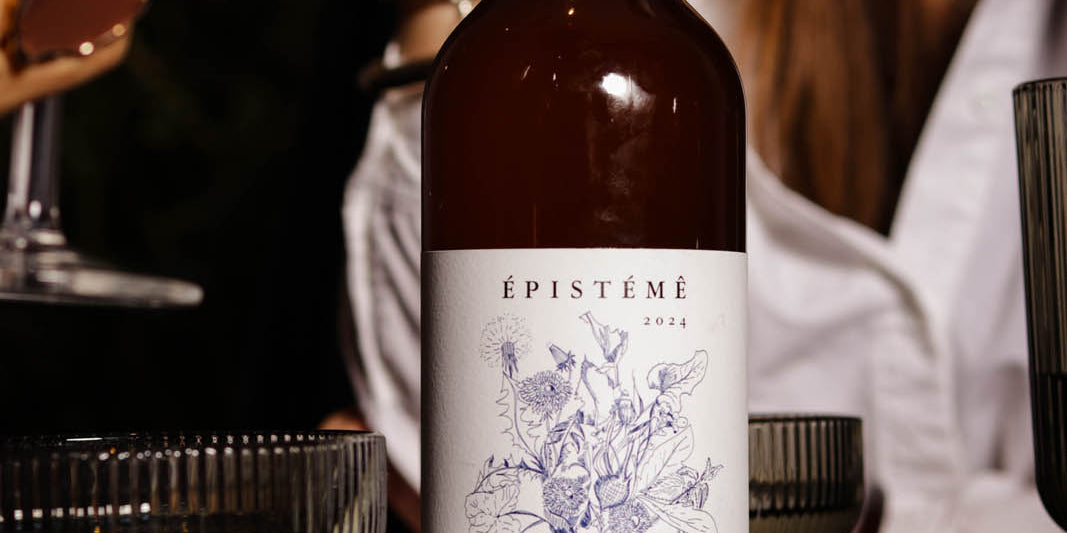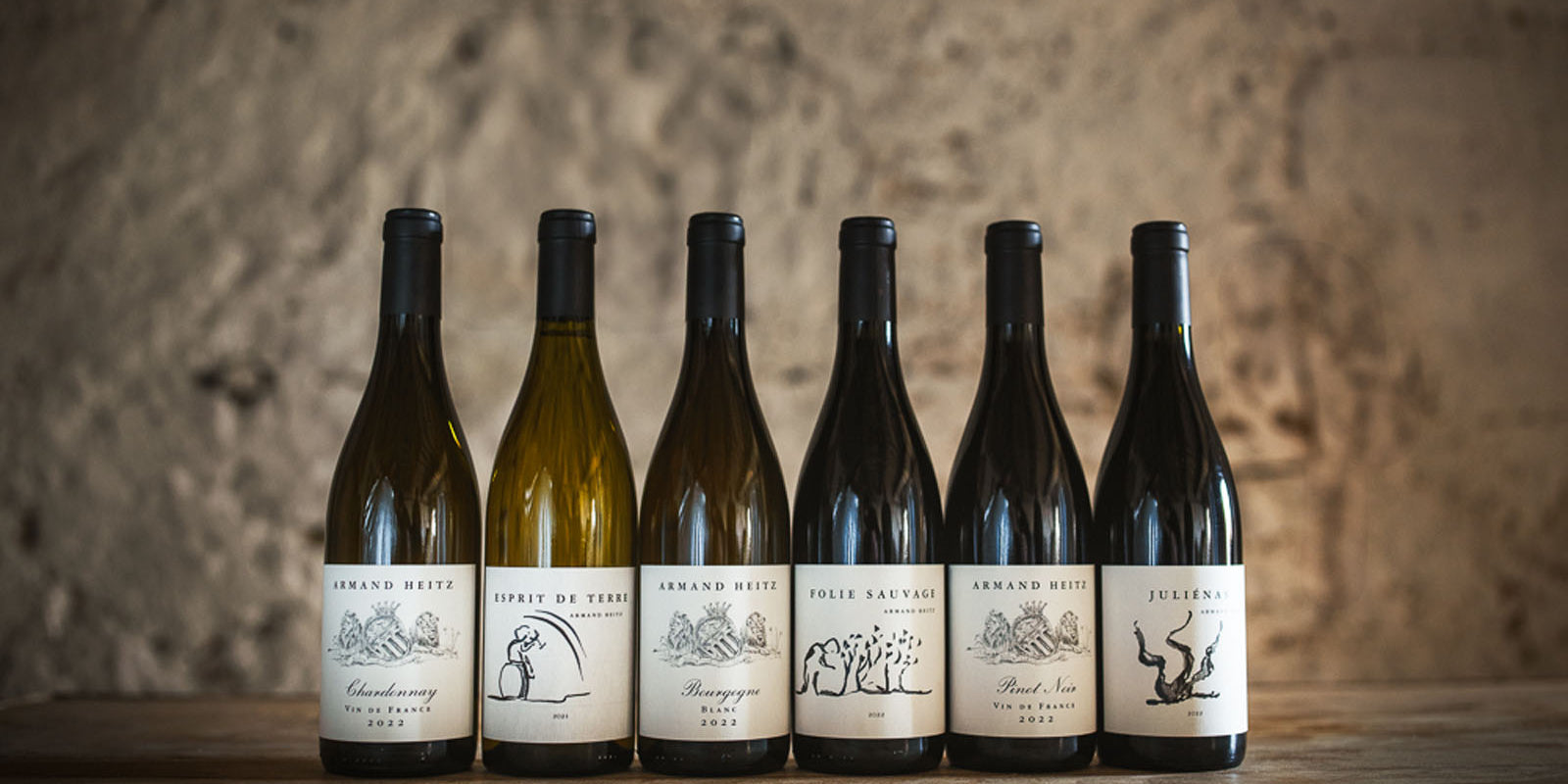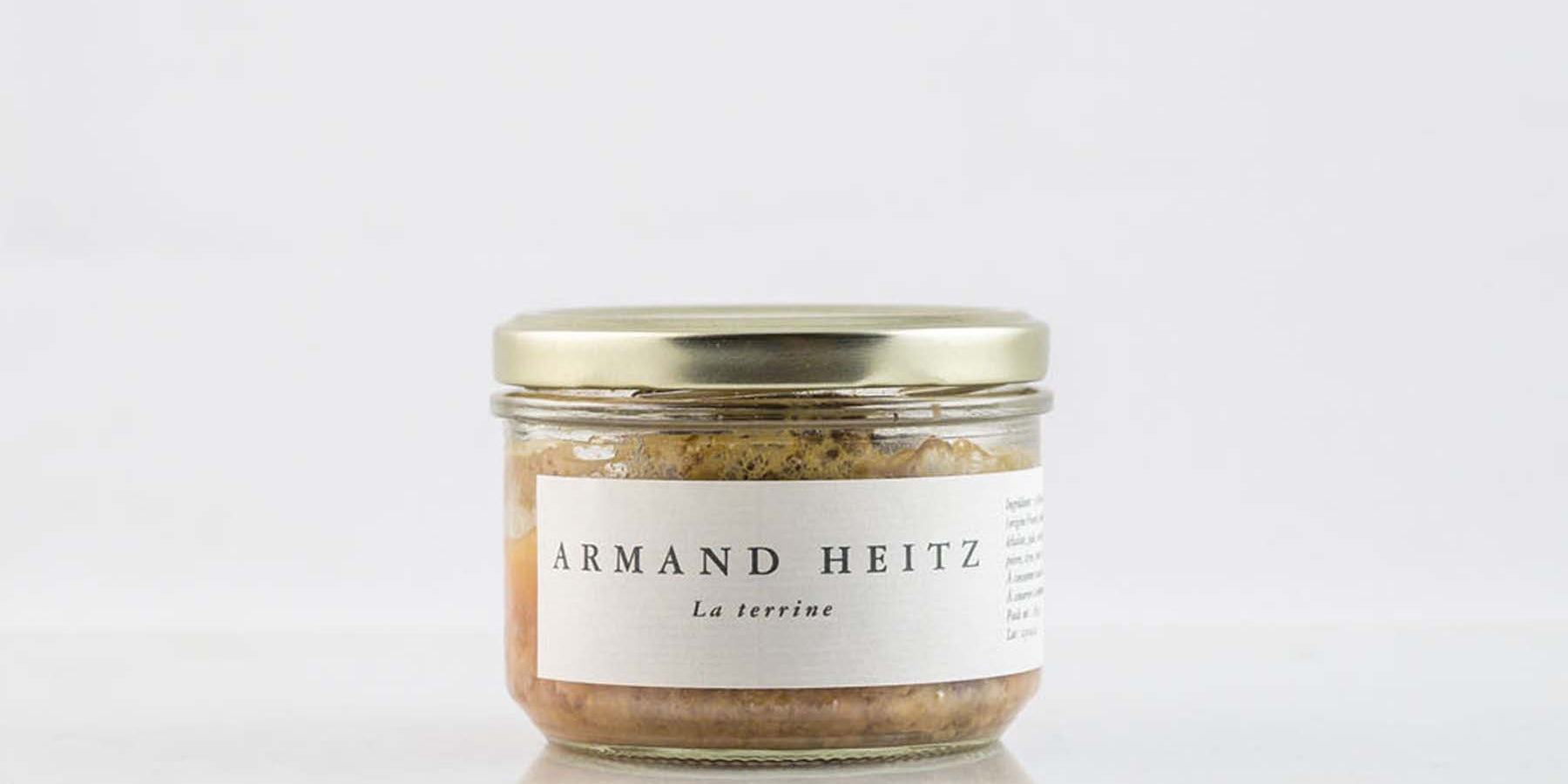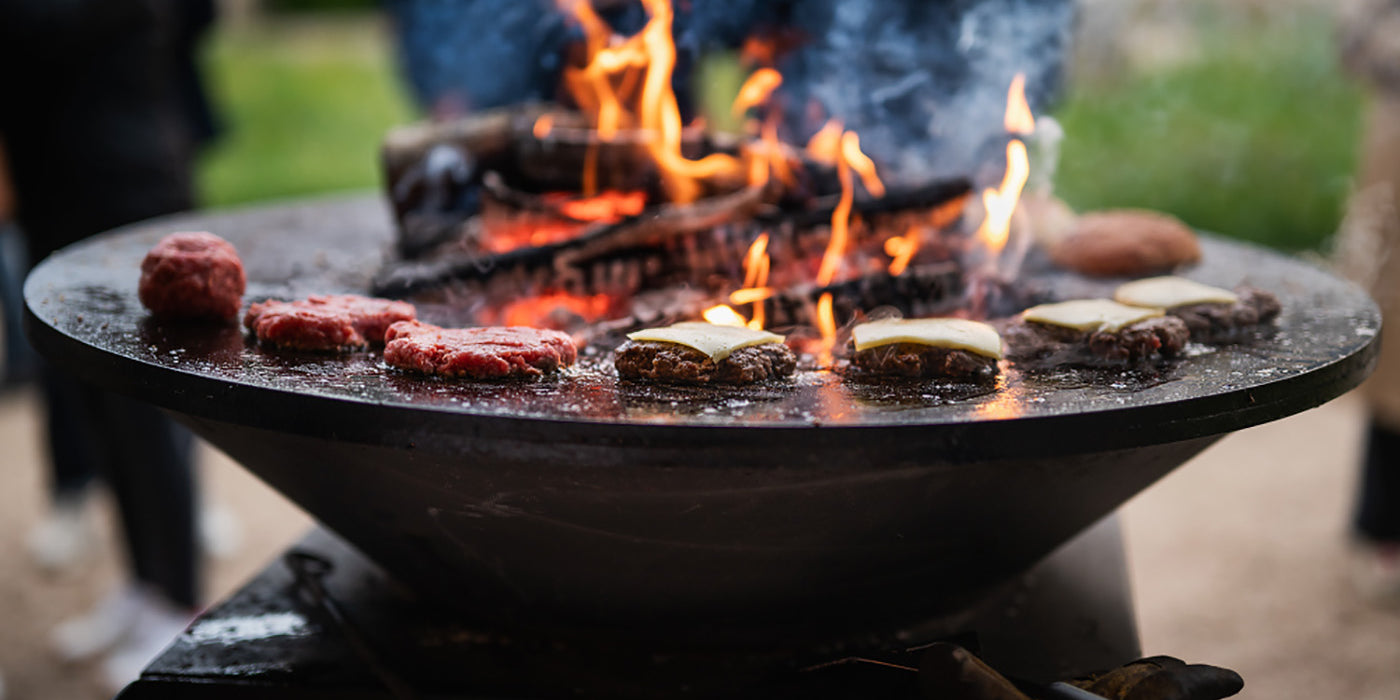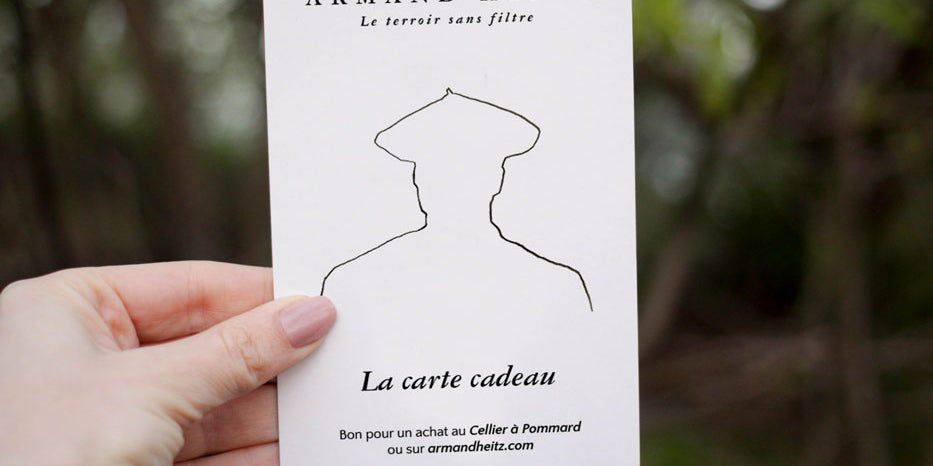The different methods of growing vines in French AOCs require us to chemically or mechanically manage the adventitious flora that develops under the vines and between the rows. Many people think that plowing is virtuous and glyphosate is destructive. It is commendable because the government and the industrialists communicate a lot in this direction, but what about an agronomic point of view?

Each passage of the plow leads to mineralization of organic matter. This mineralization has the consequence of lowering the organic matter content with each plowing. A few decades ago, our soils all had between 2% and 3% organic matter. In ten years of ploughing, it is possible to lower this rate to 1%. This drop in organic matter will lead to:
- a weakening of the cation exchange capacity (this is the food store in mineral elements of the soil)
- a weakening of the carbon / nitrogen symbiosis
- a weakening of mycelial networks
- a weakening of the soil's ability to retain water
- a weakening of its structure
In short, the soil dies, erodes, and yields drop. The farmer has no choice but to use more fertilizer. Bare soil is dead soil. “The ground is like a house. The plow is a bulldozer and the glyphosate is acid rain”. Agronomists Lucien Séguy and Konrad Schreiber often use this metaphor, which I really like.
The plow destroys the habitat, the first centimeters of soil have a precise organization that must not be disturbed. In the first horizons we have aerobic and anaerobic bacteria. The plow will reverse this organization and kill all the biomass in the soil.

Glyphosate will destroy grass without inverting the horizons. The stacking of the different strata will not be upset. Doctor Thierry Tétu has scientifically demonstrated for 8 years that glyphosate does not harm the life of the soil unlike fertilizers and tillage.
Glyphosate or tillage is a bit like hesitating between antibiotic or anti- inflammatory. Both are a human creation to rebalance a man-made mess. Neither is permanent. Neither is virtuous.
The question is not whether plowing is better than chemical weeding. We should rather ask ourselves how to change driving modes in order to be able to do without one or the other. Claiming that machinery is more virtuous than chemistry is as naive as claiming that the electric car will fight global warming.
"The harder a man works to rebalance a cropping system, the less viable it is"
No one can deny the greenhouse gas problems. This is what destroys the most biomass in the short term. At the estate, we seek daily to limit our carbon impact. In practice, a passage in chemical weeding makes it possible to avoid one to three passages in mechanics. However, according to a study conducted by the IFV in Saint-Émilion, the carbon footprint of a chemical passage is 60 kg CO2/ha compared to 55 kg CO2/ha for ploughing. The carbon impact of a plowing route is therefore at least double that of a chemical route.
Unfortunately, our specifications are not changing as quickly as the climate. Here are the different axes that I have decided to develop in the domain.

First of all, we threw away all the catalogs of chemical or machinery manufacturers.We leaf through the catalog of nature: vetch, alfalfa, radish, rye, camelina, hemp, oats, sorghum, clover, ryegrass, sunflower, trefoil, moha, buckwheat, oats, mustard, rape, rye All these species have their characteristics, we study them and select them according to our needs and the different soils. Our experiments on mulch and grass cover have been extremely beneficial for the health and organic life of our soils. This meticulous work is bearing fruit, we want to expand and continue it.
In addition, it is necessary today to change one's driving style. Although Burgundy is renowned for its Chardonnay and Pinot Noir, I decided to plant all the grape varieties authorized by the specifications: Aligoté, melon de Bourgogne, pinot blanc, pinot gris, gamay. I also chose to downgrade a plot in order to plant a more resistant grape variety: Souvignier Gris. Finally, before Burgundy banned the planting of grape varieties outside the specifications, I was also able to plant a plot of Sauvignon Blanc in Corpeau, not far from Chassagne-Montrachet. The goal and the method are always the same: diversify, observe and adapt.

In short, between glyphosate or ploughing, I let you choose whether you prefer to die from global warming first or wait until you have cancer. When our leaders have understood this, perhaps the common agricultural policy will adapt.
Armand Heitz
.


